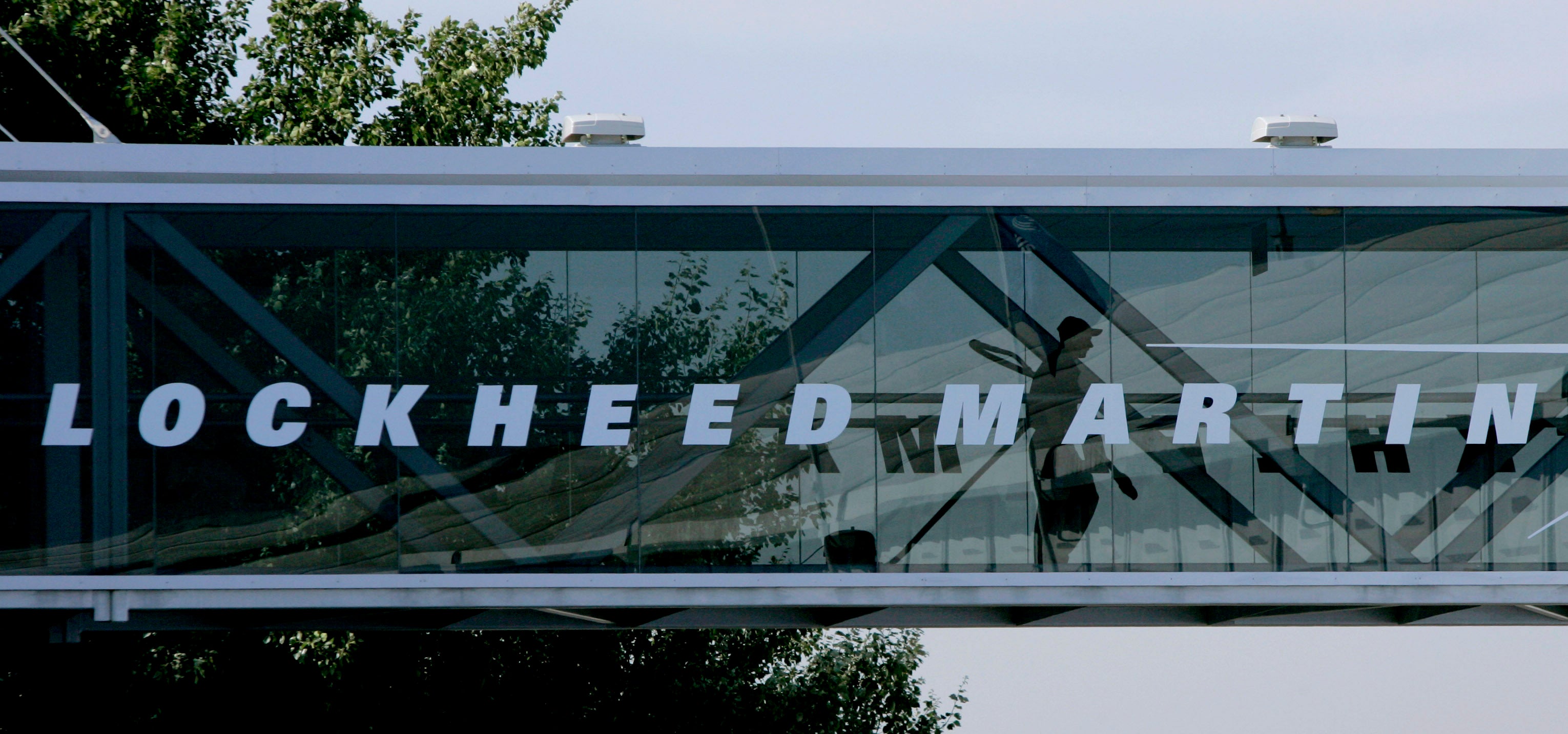China sanctions several Lockheed Martin units, three executives over arms deals with Taiwan
China says it has banned a number of business units of American aviation maker Lockheed Martin Corporation and three of its executives over arms deals with Taiwan, the self-ruling island it claims as its own territory

Your support helps us to tell the story
From reproductive rights to climate change to Big Tech, The Independent is on the ground when the story is developing. Whether it's investigating the financials of Elon Musk's pro-Trump PAC or producing our latest documentary, 'The A Word', which shines a light on the American women fighting for reproductive rights, we know how important it is to parse out the facts from the messaging.
At such a critical moment in US history, we need reporters on the ground. Your donation allows us to keep sending journalists to speak to both sides of the story.
The Independent is trusted by Americans across the entire political spectrum. And unlike many other quality news outlets, we choose not to lock Americans out of our reporting and analysis with paywalls. We believe quality journalism should be available to everyone, paid for by those who can afford it.
Your support makes all the difference.China said Friday it has banned a number of business units of American aviation manufacturer Lockheed Martin Corp. and three of its executives over arms deals the company has signed with Taiwan, the self-ruling island it claims as its own territory.
The statement from China’s Foreign Ministry said the company’s cooperation with Taiwan had violated the country’s sovereignty, standard terminology in its discussions of any outside dealings that support the island's government.
The effects of the sanctions appeared largely symbolic since military cooperation between the U.S. and China has been suspended since the People’s Liberation Army’s crackdown on student-led pro-democracy protests in Beijing and other cities in 1989.
Named under the sanctions were Lockheed Martin Missile System Integration Lab, Lockheed Martin Advanced Technology Laboratories and Lockheed Martin Ventures. Top executives James Donald Taiclet, Frank Andrew St. John and Jesus Malave were listed as banned from traveling to China.
China has been steadily growing its domestic aircraft industry, producing parts, planes and services for Airbus and producing its own commercial jets. Foreign technology has played a large part in that process, but Chinese companies have increasingly developed the means to replace their overseas suppliers.
Taiwan relies heavily on U.S. suppliers for arms, even as it works to boost its own defense industries and increase mandatory military service for men from four months to one year. That comes against the backdrop of China's rising threat to encircle or invade Taiwan to achieve what it calls a historical mission to annex the island. Taiwan was formerly a Japanese colony and separated from mainland China amid civil war in 1949.